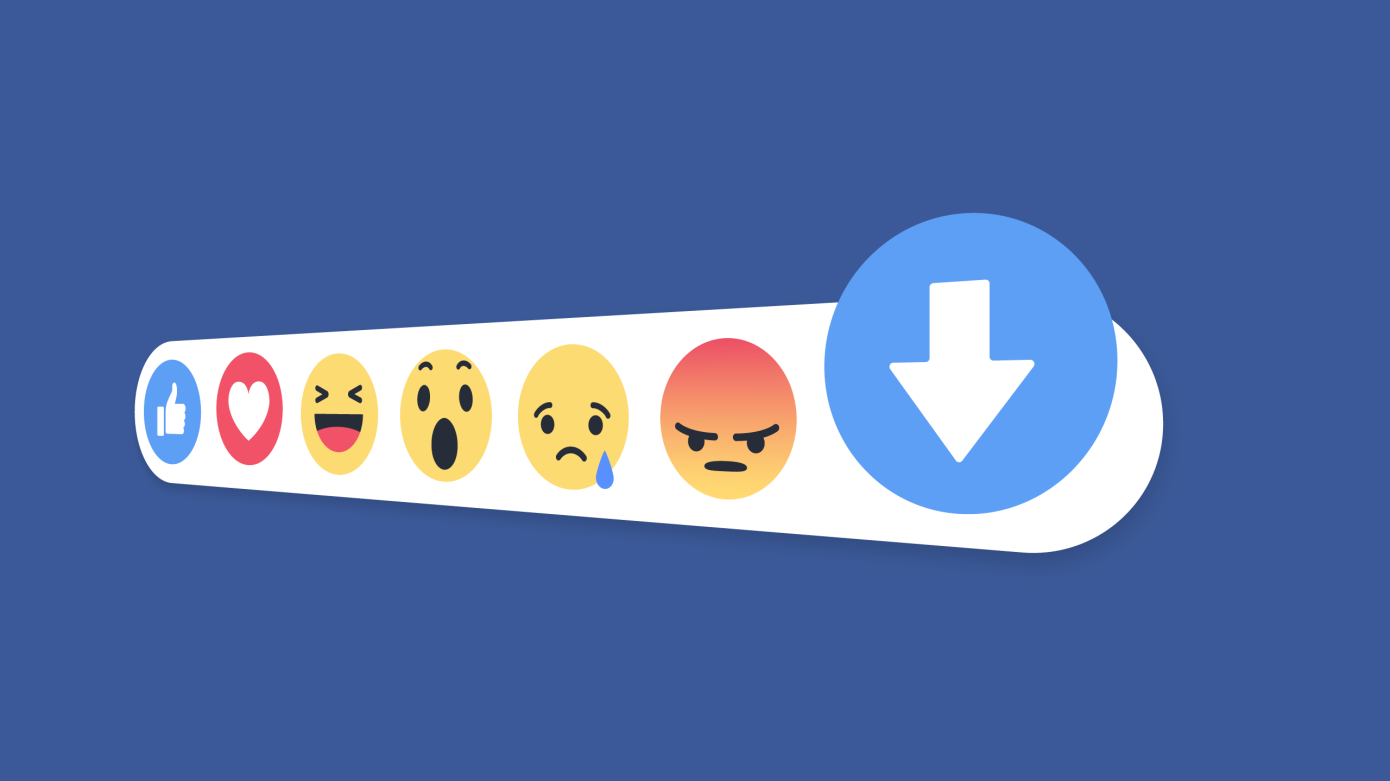FACEBOOK is finally rolling out a dislike button for its Australian users — but the new feature comes with a catch.
After breaching millions of users’ data and sparking a global backlash against it, Facebook is finally making amends and giving you fine people something you’ve long been pushing for.
A dislike button!
Well … sort of.
The button technically works as a downvote, based on two arrows that appear next to the “Like” button on public page comment threads.
The model is almost identical to Reddit, but the “Like” option exists separately from the arrows.
In other words, you could both “Like” and downvote a comment, just to confuse whoever’s ego in question hangs in the balance.
Facebook, except it’s basically Reddit pic.twitter.com/kMpss61gjR
— ⚡ Owen (@ow) April 29, 2018
The feature does not appear to work on individual users’ statuses.
To be fair, this is probably for the best. Posting a photo and stressing over hitting that crucial double-digit zone is intense enough without having to worry about people actively telling you your post sucks.
“People have told us they would like to see better public discussions on Facebook, and want spaces where people with different opinions can have more constructive dialogue,” Facebook said in a statement.
“To that end, we’re running a small test in New Zealand which allows people to upvote or downvote comments on public page posts. Our hope is that this feature will make it easier for us to create such spaces, by ranking the comments that readers believe deserve to rank highest, rather than the comments that get the strongest emotional reaction.”
So far only New Zealand and Australia have access to this development. Lucky us.
Reddit co-founder Alexis Ohanian Sr gave a rather sassy response to the development on Twitter with a single word: “Flattered.”
Flattered https://t.co/9JY9jeZbNl
— Alexis Ohanian Sr. ? (@alexisohanian) April 29, 2018
Brb, downvoting everything into oblivion.
Read More: How to Download a Copy of Your Facebook data That Facebook Knows All About You
Read More: How to Check if Cambridge Analytica Using Your Facebook Data


